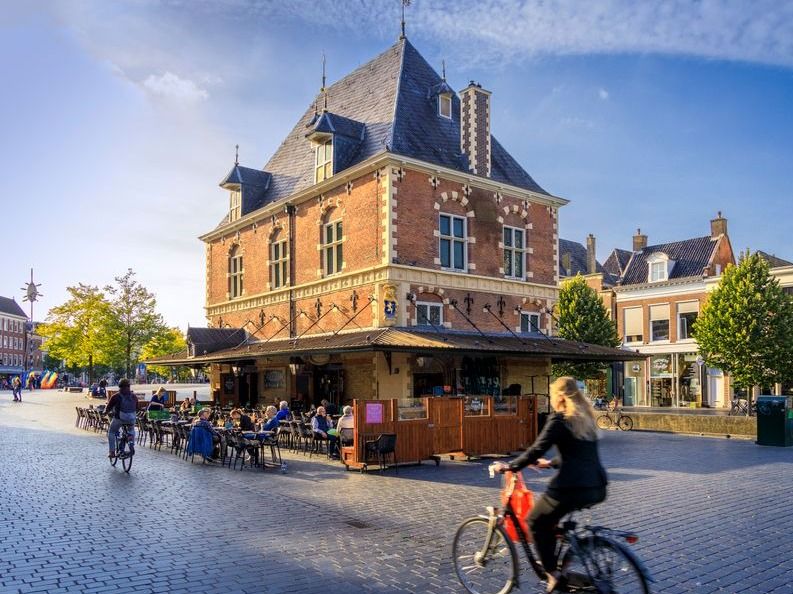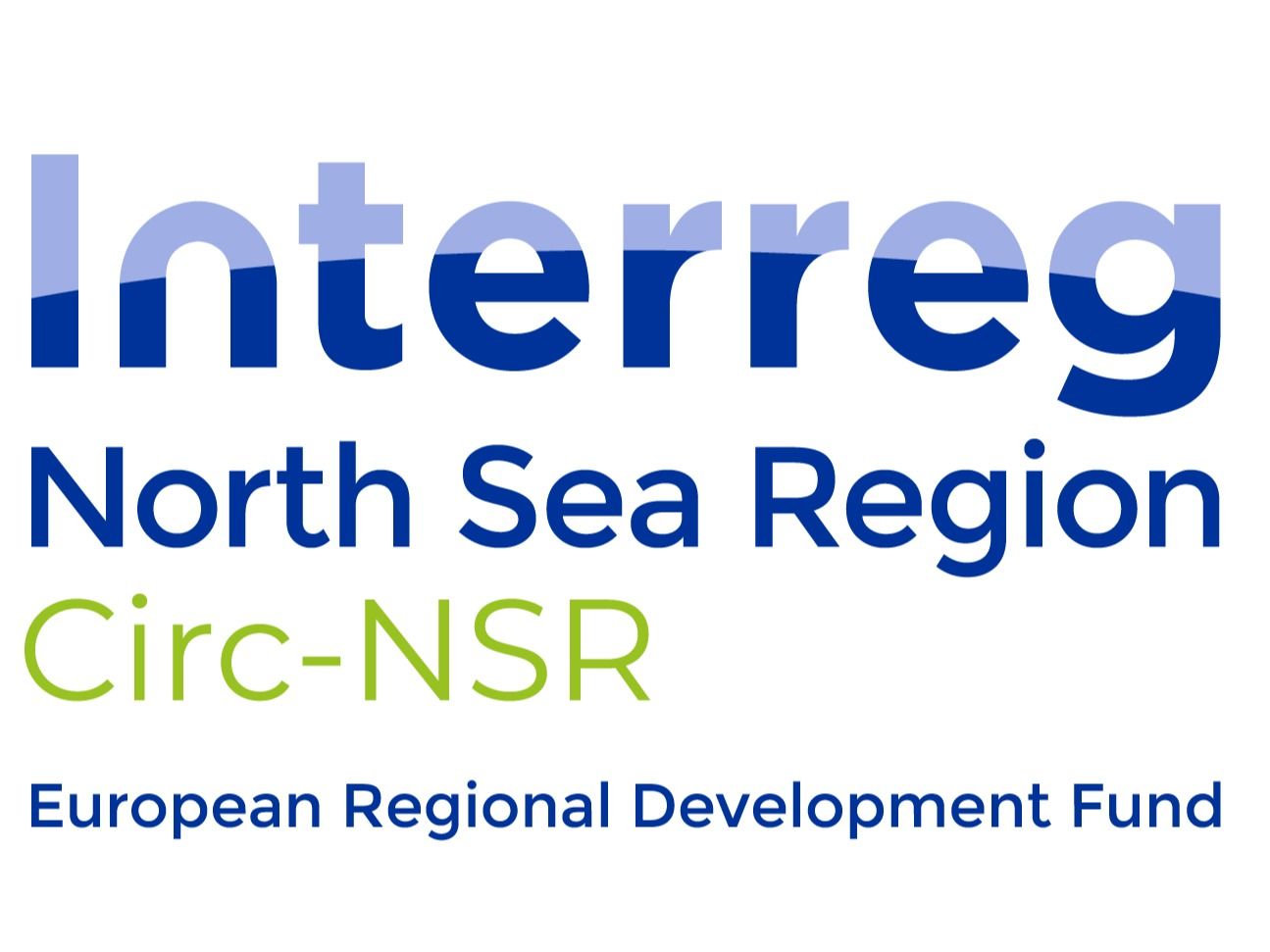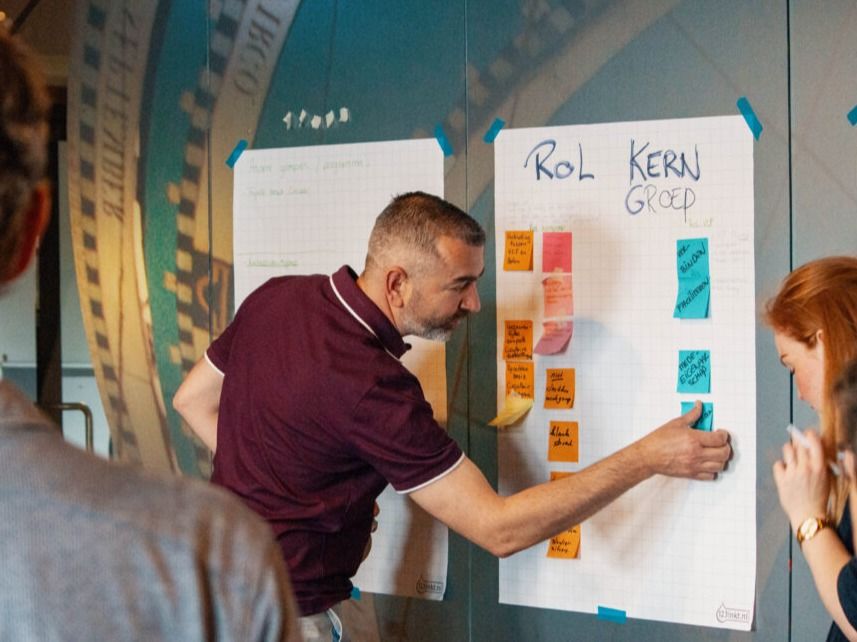Circular procurement¶
Governments and businesses play a critical role in this transition through circular procurement, using their purchasing power to drive demand for sustainable products and services. By prioritizing resource-efficient, reusable, and recycled materials in both public and private procurement, they can foster innovation and create market incentives that accelerate the shift toward a circular economy.
In Friesland, the public sector is actively working to speed up the transition to a circular economy through circular purchasing and tendering. With annual public procurement exceeding €1 billion, these resources are strategically directed to foster circular solutions, with the region aiming for maximal circular purchasing by 2025. This ambitious goal ensures that public sector purchases drive sustainable innovation and stimulate the local circular economy. [1]
Improving circular procurement
See below for different examples of circular procurement in action.

Circulaire Afschrijven: Unlocking Value in Circular Investments

Friesland’s Leadership in Circular Procurement: The Circ-NSR Project

Circular Procurement program for all Frisian governments
Friesland can focus further on actions such as the following:
- Strengthening circular procurement frameworks by expanding the adoption of circular purchasing criteria across all municipalities and government agencies, ensuring that public procurement consistently prioritises products and services that are sustainable, reusable, and made from recycled materials.
- Building capacity and knowledge in the public and private sectors by offering training and resources on circular procurement, enabling procurement professionals to make informed decisions and support local businesses adopting circular practices.
Circ-NSR. (n.d.) Province of Friesland. Retrieved from: Circ-NSR Website